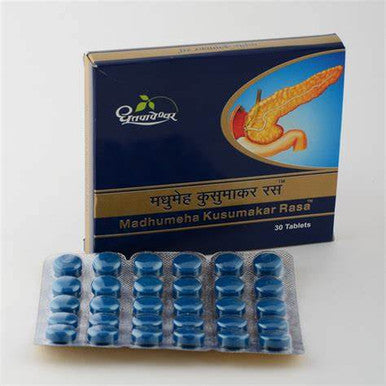Collection: Diabetes is a chronic condition that affects the body’s ability to regulate blood sugar (glucose) levels
 Diabetes is a chronic condition that affects the body’s ability to regulate blood sugar (glucose) levels,
Diabetes is a chronic condition that affects the body’s ability to regulate blood sugar (glucose) levels,
It occurs when the body either doesn't produce enough insulin or cannot effectively use the insulin it produces, leading to high blood sugar levels.
🌟 Types of Diabetes:
-
Type 1 Diabetes
-
An autoimmune condition where the body’s immune system attacks the insulin-producing cells in the pancreas.
-
Typically diagnosed in childhood or young adulthood.
-
-
Type 2 Diabetes
-
The most common form, where the body becomes resistant to insulin or doesn’t produce enough.
-
Often linked to lifestyle factors like poor diet, lack of exercise, and obesity.
-
-
Gestational Diabetes
-
Occurs during pregnancy when the body cannot produce enough insulin to meet the increased needs.
-
Usually resolves after childbirth, but increases the risk of developing Type 2 diabetes later in life.
-
-
Pre-diabetes
-
A condition where blood sugar levels are higher than normal but not high enough to be diagnosed as diabetes.
-
It increases the risk of developing Type 2 diabetes if not managed.
-
🩺 Symptoms of Diabetes:
-
Increased thirst and frequent urination
-
Extreme hunger or unexplained weight loss
-
Fatigue and weakness
-
Blurred vision
-
Slow-healing sores or frequent infections
🍎 Management of Diabetes:
-
Lifestyle Modifications
-
A healthy diet (low in refined sugars, rich in fiber and whole foods)
-
Regular physical activity (helps the body use insulin more efficiently)
-
Maintaining a healthy weight
-
-
Medications & Insulin Therapy
-
Oral medications, injectable insulin, or other therapies prescribed by a healthcare provider.
-
-
Monitoring Blood Sugar Levels
-
Regular blood glucose testing helps to track how well the body is managing glucose.
-
-
BGR-34 100 tablets MAINTAINS EFFECTIVE CARBOHYDRATE METABOLISM & RESTORES QUALITY OF LIFE
Regular price £18.00Regular priceUnit price / per -
Bio-Chromium contributes to the maintenance of normal blood glucose levels 60
Regular price £20.00Regular priceUnit price / per -
Diabecon DS Himalaya Tablets For the management of diabetes 60
Regular price £10.00Regular priceUnit price / per -
Madhunashini Vati 120 Tabs For Diabetes
Regular price £28.00Regular priceUnit price / per -
BASANT KUSUMAKAR RAS diabetes blood sugar control 10 tablets
Regular price £15.50Regular priceUnit price / per -
Blood Glucose Meter with Test Strips Diabetes Glucometer kit Blood Sugar Monitor for Diabetic Medical DiabetesTester
Regular price £22.00Regular priceUnit price / per -
Diabecon Tablets Himalaya For the management of diabetes 60
Regular price £10.00Regular priceUnit price / per -
Hyponidd Tablets Natural Blood Sugar Control Strip Of 30 Tablets
Regular price £8.00Regular priceUnit price / per -
Jambu Black Plum currant Powder Natural Herbal 100gm
Regular price £5.00Regular priceUnit price / per -
Karela metabolic wellness 60 tablets Aids in regulating blood sugar level
Regular price £12.00Regular priceUnit price / per -
Madhumeha Kusumakar Rasa 30 tablets regulating blood sugar levels and the management of diabetes
Regular price £20.00Regular priceUnit price / per -
Madhu Kalp Vati 80 tablets used for the management of diabetes mellitus
Regular price £14.00Regular priceUnit price / per -
Madhurakshak for diabetes control naturally - 250 Gm
Regular price £13.00Regular priceUnit price / per -
Meshashringi Gurmar regulates carbohydrates metabolism, diabetes 60 tablets himalaya
Regular price £12.00Regular priceUnit price / per -
Organic Meshashringi Gurmar Gymnema sylvestre Extract Purified Powder 50g
Regular price £8.00Regular priceUnit price / per -
VASANT KUSUMARAK RAS dabur diabetes blood sugar control 100 tablets
Regular price £95.00Regular priceUnit price / per
















